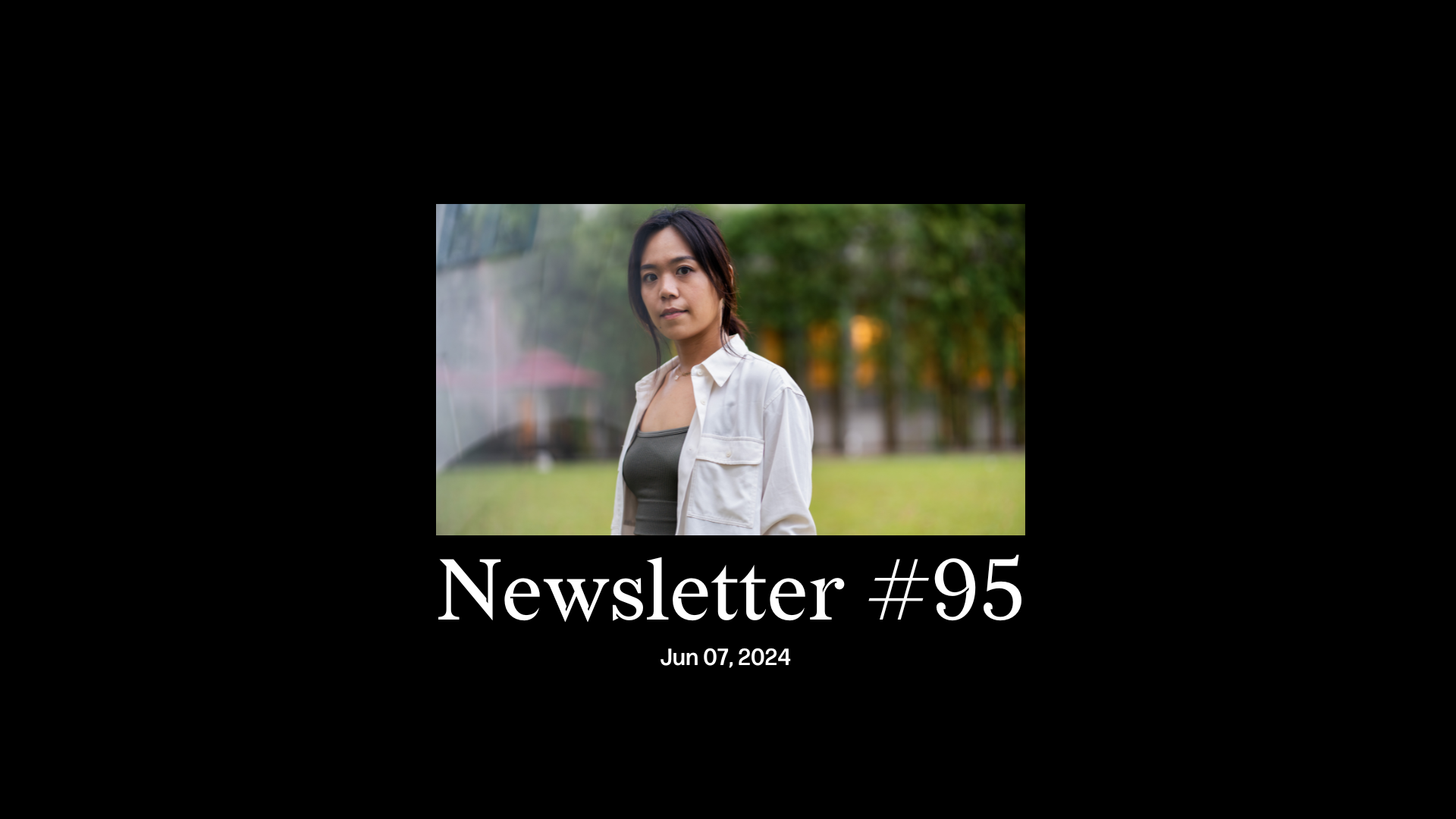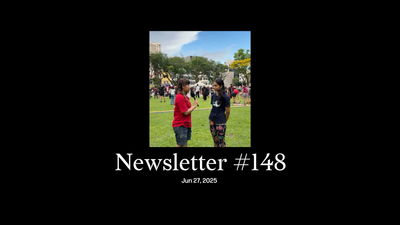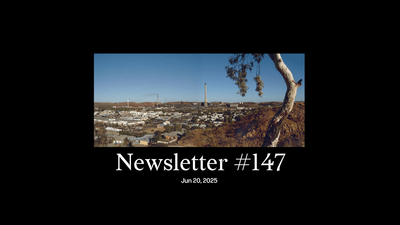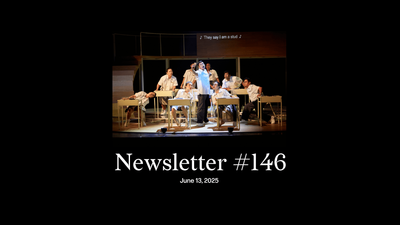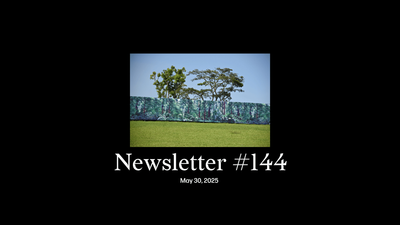Dear reader,
When is our next general election (GE)? Given that the Electoral Boundaries Review Committee (EBRC) has not yet been convened, a September election, like some predicted, is now looking unlikely. If history is any guide, we can expect a roughly three-month gap between the EBRC’s report and polling day. The GE must be called by November 2025. We’ll keep you posted. If you enjoyed last week’s commentary, and believe in Jom’s approach to election coverage, please get a paid subscription today.
In “Singapore This Week”, we look at Volodymyr Zelensky’s surprise visit; how the religious right is shutting down speech and thought in Singapore; a push for data transparency at the World Cities Summit; the disbarment of lawyer M Ravi; the legacy of Goh Choo San, a ballet legend; Pink Screen, The Projector’s annual LGBTQIA+ film festival; a Taiwanese Boost for our semiconductor industry; and more.
Meanwhile, do you know any Singaporean labour union organisers? Our essay of the week, “Joanna Lee invites us to question our cities, and our lives”, is about a Singaporean PhD candidate at Columbia University in New York City, for whom literature is the source of imagination, activism, and power. Joanna was a key organiser in a series of student worker strikes at Columbia from 2020 to 2022; the last was one of the largest in the US at the time, and led to significant worker wins.
The essay is written by Kristian-Marc James Paul, an activist with SG Climate Rally, a climate justice collective, who was himself a labour organiser during his year at Goldsmiths, University of London. He’s also one of the co-editors of Brown is Redacted: Reflecting on Race in Singapore, and was the moderator for our Jom Cakap event on racism, just over a year ago. (I could go on; Kristian has more works than he has first names.)
About 18 months ago, Kristian and I started chatting about all the different Singaporeans engaging in labour activism in their respective spaces, including Stefan Yong at the University of California, Santa Cruz, and Charmaine Chua at the University of California, Santa Barbara.
Who are these people? When I was studying in the US, some 20 odd years ago, the only “activism” Singaporeans were getting up to was breaking their scholarship bonds. But things are changing, as Kristian writes.
“Like me, Joanna is part of a younger generation of Singaporean activists. We don’t experience the same kind of reticence older ones have carried with them since Operation Spectrum. We don’t have to navigate that collective trauma in the same way.
But what we do have to contend with is the recovery from that collective trauma: How do we reintroduce labour rights activism? How do we get Singapore residents to understand that workers have collective power?”
Through Joanna’s ideas and stories, Kristian’s writing moves us from macro concepts like interpellation—the creation of an identity by some kind of external ideological and cultural force—to the nitty gritty details around what a strike actually feels like, especially in a New York winter, “the dampness of the snowy ground seeping into their bones.”
On that note, I love how the photographs of Joanna capture the human in the activist, while also revealing her urgency and power. A big thanks to Grace Baey, who took them, and Charmaine Poh, our co-founder and head of visual culture and media, for the art direction.
Singapore conservatives might shudder at the thought of young lefties returning from their Western liberal arts colleges to upend traditional pro-business norms in Singapore, but that’s really an antiquated and biassed way of understanding contemporary workers’ rights movements. And, as our first blurb in “Singapore This Week” suggests, the real threat to Singaporean society is not from the Western far left, but its far right. Yesterday there was also the bizarre news that some Singaporean students are turning down offers at top US colleges because their parents are skittish about the recent Gaza-related demonstrations and protests. If indeed there’s a young strawberry generation around, it’s this paternalism and molly-coddling that’s to blame.
Our young Singaporean activists should be cheered. They’re helping society heal some divides that have been ignored for far too long. Many workers feel oppressed, disempowered, underpaid, and overworked in one of the world’s richest places.
This is not unique to Singapore. Subjugated workers around the world, from those who make goods in Chinese factories to those who ship them out of American warehouses, have been slowly rejigging the imbalance between businesses and workers. When I read about the work that people like Charmaine, Joanna, Kristian, and Stefan are doing, it offers me, as a business owner myself—thanks for your subscription!—a lot of hope that Singapore may be able to one day build a more enlightened market economy.
All this may seem like a long way off but, as you’ll understand from Kristian’s essay, it really begins with the simplest of acts:
“It is no surprise then, that the genesis of Joanna’s activist journey—literature—is her chosen field now. ‘A lot of (labour) organising…is building trust, affirming, holding space,’ Joanna tells me. ‘Literature allows us to explode into one another,’ she says, or ‘extend into one another.’ The more we read, Joanna believes, the more we are able to discern, and not just the stories in books but the world writ large.”
Jom baca,
Sudhir Vadaketh
Editor-in-chief, Jom
If you’ve enjoyed our newsletters, please scroll to the bottom of this page to sign up to receive them direct in your inbox.


